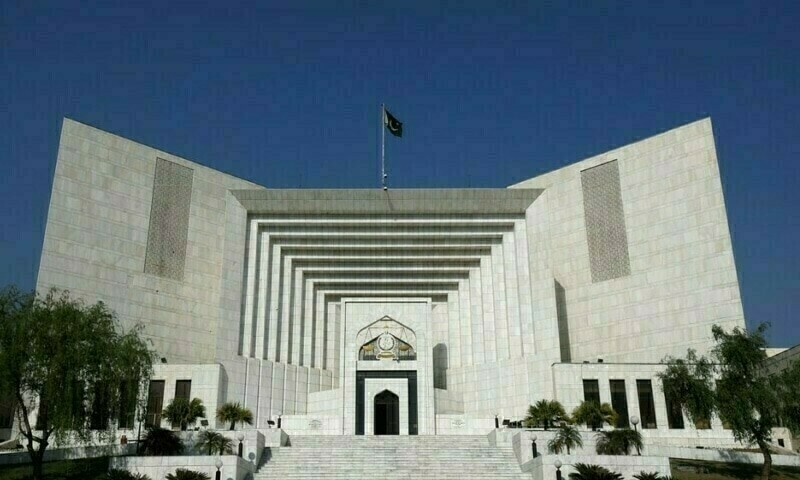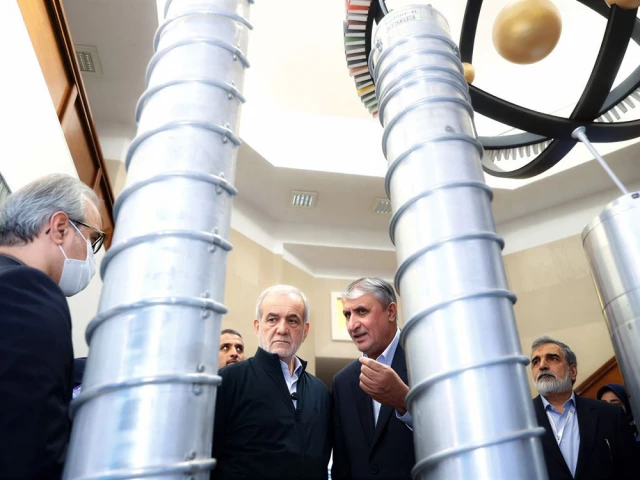ISLAMABAD: The Supreme Court on Monday held that tax authorities should not act as penalising agencies, rather as institutions of the state tasked with facilitating compliance through clarity, transparency, and procedural propriety.
“The legitimacy of a tax system in large depends on whether taxpayers are able to understand not only that they are liable, but also the consequences for not discharging their liability,” observed Justice Ayesha A. Malik while deciding an appeal by the Islamabad Inland Revenue (Legal) commissioner against Pakistan LNG Limited and Serene Air (Pvt) Limited.
Justice Malik was member of a three-judge bench consisting of Justice Munib Akhtar and Justice Shahid Waheed, which had taken up for hearing petitions against the April 16, 2024, and June 24, 2024, orders of the Islamabad High Court (IHC).
The respondent, Pakistan LNG Limited, whose income tax return for the year 2020 was amended in terms of order March 15, 2021 under Section 122(5A) of the Income Tax Ordinance 2001, raising a demand of Rs2.9 billion for the recovery of tax dues.
Notes authorities’ conduct in the case ‘falls short of the statutory requirement’; judge says tax recovery not a ‘grab and go’ process
On the same date, a notice under Section 137(2) of the ordinance was issued to the taxpayer. The respondent challenged the amended assessment order before the Commissioner Inland Revenue (Appeals) (CIR Appeals), which was decided on March 9, 2022, and subsequently uploaded on the web portal of the FBR (i.e., IRIS) at 3:28pm.
On the same date, a notice under Section 140 of the ordinance was issued for the immediate recovery in terms thereof. The notice under Section 140 was subsequently quashed by the high court as void and the amount recovered from the bank accounts of the respondent was ordered to be reimbursed.
Likewise, in the case of Serene Air Private Limited for the tax year 2020 proceedings in terms of Section 161 read with Section 205 of the ordinance were decided on March 31, 2022. On the same date, notices under Section 137(2) of the ordinance were issued, raising a demand of Rs1.8 billion for the recovery of withholding tax.
The respondent filed an appeal, which was decided on May 11, 2023. On the same date, notices under Section 140 of the ordinance were issued to the banks for immediate recovery. These too were set aside by the single judge and the amount recovered was ordered to be reimbursed to the respondent.
Both respondents challenged the recovery notices issued under Section 140 of the ordinance, in constitutional petitions before the high court, which were set aside. The Division Bench upheld the decision of the single bench.
In her judgement, Justice Ayesha held that Section 140 does not permit immediate coercive recovery in the absence of a date set in the notice. Section 140 expressly provides that the party holding money on behalf of the taxpayer must be afforded a notice with a due date to discharge its liability.
The notices issued in both petitions blatantly violated the requirements of the law. Accordingly, the Supreme Court found that no case for interference was made out and therefore the appeals were dismissed.
Justice Ayesha Malik observed that the conduct of the commissioner in the present case fell short of the statutory requirement of Section 140, adding that the tax recovery was not meant to be a ‘grab and go’ process. Even coercive recovery measures must follow a proper and fair procedure, she added. Legal certainty requires not just that taxpayers know they owe tax, but that they are clearly informed of when, how, and on what basis recovery will be pursued.
Published in Dawn, July 15th, 2025




